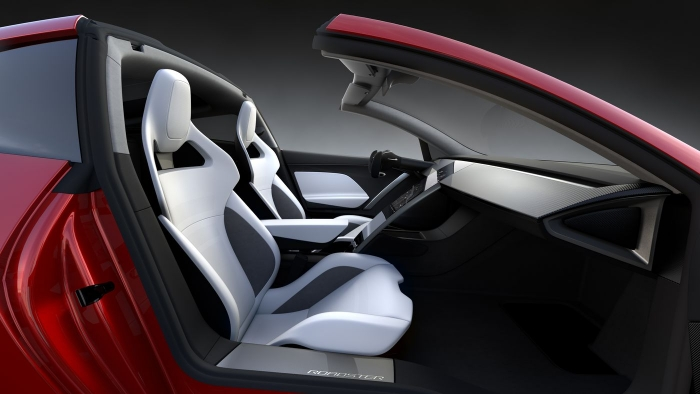In recent years, electric vehicles (EVs) have transformed from niche products to mainstream contenders in the automotive market. According to a report by Bloomberg Green, global EV sales soared by 43% in 2022, signaling a seismic shift in consumer preferences. The driving forces behind this revolution? Cutting-edge AI and autonomous technologies. This article will explore how artificial intelligence and autonomous innovations are reshaping the EV landscape, offering a glimpse into the future of sustainable mobility.
The Intersection of AI and Electric Vehicles
AI technologies are not only enhancing the driving experience but are also integral to the efficiency and safety of electric vehicles. Here’s how:
AI-Driven Efficiency and Performance
- Battery Management Systems: AI algorithms optimize battery performance, extending lifespan and range. Companies like Tesla and BYD are at the forefront, using AI to analyze usage patterns and adjust charging protocols dynamically.
- Predictive Maintenance: AI systems predict component failures before they happen, reducing downtime and repair costs. Rivian, for instance, employs machine learning to monitor vehicle health in real-time.
Enhancing Safety and User Experience
- Advanced Driver-Assistance Systems (ADAS): AI powers ADAS features like adaptive cruise control and lane-keeping assistance. A report from TechCrunch highlights how these systems reduce accidents by 40%, a significant leap towards safer roads.
- Personalized In-Car Assistants: AI-driven voice assistants, such as those developed by Hyundai and Ford, offer personalized recommendations and seamless integration with smart home devices, enhancing the overall user experience.
Autonomous Technology: The Future of Driving
Autonomous driving, once a futuristic concept, is now on the brink of reality, thanks to innovations in AI and sensor technology.
Levels of Autonomy
- Level 2 and 3: Most existing EVs, including models from Tesla and Nissan, fall into these categories, where the vehicle can control steering and acceleration but requires human oversight.
- Level 4 and 5: Fully autonomous vehicles, like those tested by Waymo and Volkswagen, aim to eliminate the need for a driver entirely, though widespread adoption is still years away.
Impact on Urban Mobility
- Traffic Management: Autonomous vehicles (AVs) promise to reduce congestion through efficient traffic flow management. MIT Technology Review notes that AVs could decrease urban traffic by 30% by 2030.
- Public Transport Integration: Companies like Zoox and Cruise are developing autonomous shuttles, poised to revolutionize public transport systems with 24/7 availability and reduced operational costs.
Practical Insights for Consumers
Understanding how AI and autonomous tech enhance EVs can help consumers make informed decisions. Here are some tips:
How to Choose the Right EV
- Assess AI Features: Look for models offering robust AI systems for safety and convenience, such as Tesla’s Autopilot or Nissan’s ProPILOT Assist.
- Evaluate Autonomy Levels: Consider your comfort with current autonomous features and future updates. Most EVs offer updates that can enhance autonomy over time.
Charging Solutions
- Home Charging: Install AI-enhanced smart chargers that optimize energy use based on your consumption patterns.
- Public Charging Networks: Utilize apps powered by AI to find and reserve charging stations, reducing wait times and ensuring availability.
The Road Ahead: Trends and Predictions
As AI and autonomous tech continue to evolve, their integration into electric vehicles will become even more seamless and impactful.
- AI-Enhanced Manufacturing: Expect more efficient production processes as AI predicts supply chain demands, reducing waste and improving sustainability.
- Smart Cities: EVs equipped with AI and autonomous capabilities will play a crucial role in the development of smart cities, where interconnected systems promote efficient energy use and enhance quality of life.
In conclusion, the convergence of AI and autonomous technology with electric vehicles represents a pivotal moment in automotive history. These advancements not only promise to make our commutes safer and more efficient but also contribute to a more sustainable and interconnected world. Are you ready to embrace the future of mobility? Share your thoughts and experiences in the comments below. As we look towards a future where our vehicles are smarter and more autonomous, the possibilities seem truly limitless.

